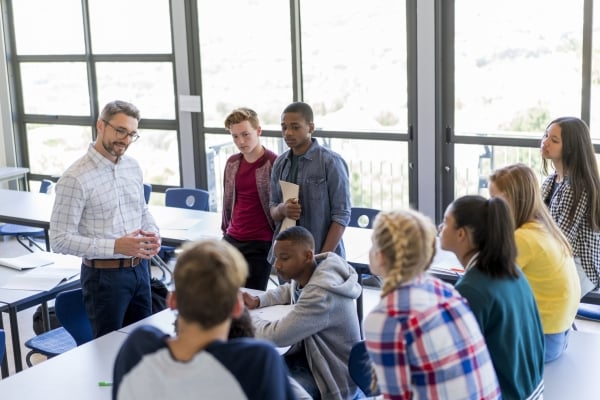As educators, one of our primary goals is to help students achieve academic success. One way to support students in their academic pursuits is by helping them cultivate critical thinking skills and media literacy. These skills are essential for navigating the vast amount of information available in today’s digital age.
Critical thinking is the ability to objectively analyze information, evaluate arguments, and make informed decisions. This skill is crucial for students to develop as it allows them to extract meaning from texts, engage in meaningful discussions, and solve complex problems. By teaching students how to think critically, we are empowering them to be active participants in their own learning and in society as a whole.
One way to help students engage in critical thinking is by incorporating media literacy into the curriculum. Media literacy is the ability to access, analyze, evaluate, and create media in a variety of forms. In today’s world, where information is constantly being shared through various media platforms, it is essential for students to be able to decipher the validity and credibility of the sources they encounter.
To help students develop their media literacy skills, educators can incorporate activities that encourage them to critically analyze media messages. This can include discussing the motives of advertisers, identifying bias in news reports, and evaluating the reliability of sources. By engaging students in these types of activities, we are helping them become more savvy consumers of media and more discerning thinkers overall.
Furthermore, by encouraging students to think critically about media, we are also helping them become more informed and responsible citizens. In an era of fake news and misinformation, it is more important than ever for individuals to be able to sift through the clutter and identify reliable sources of information. By equipping students with the tools to do so, we are empowering them to be active and engaged members of society.
In conclusion, helping students engage in critical thinking and media literacy is a crucial aspect of promoting academic success. By teaching students how to think critically and analyze media messages, we are equipping them with the skills they need to navigate the complex world of information around them. As educators, it is our responsibility to help students develop these skills so that they may flourish academically and beyond.



